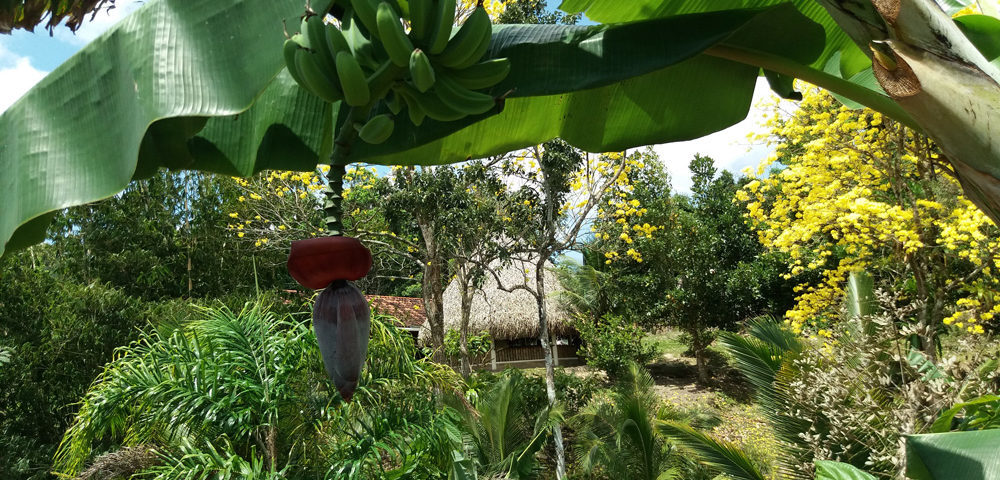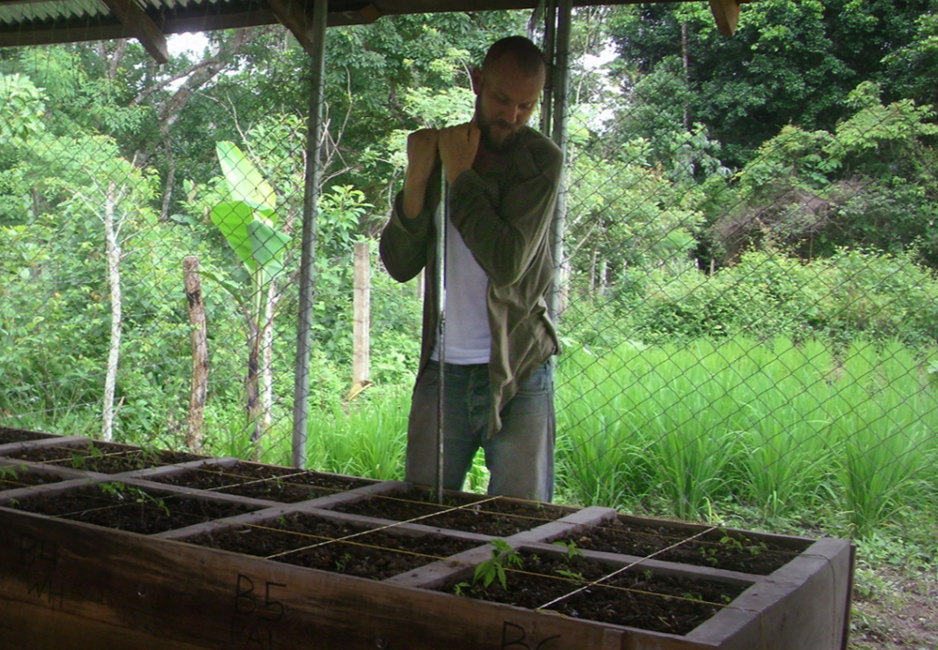Millions of people live and grow food on contaminated soil, often unsuspectingly of its health risks and without taking any measures to avoid exposure. Some farmers know that their soil is polluted, but their need to make a living leaves them little choice.
More than 22 million hectares, an area larger than Uruguay, are known to be affected by soil pollution globally. However, the real number is likely to be much higher, since most polluted sites are not registered and in many countries, soil pollution monitoring is still in its infancy.
Common causes of soil pollution in agricultural soil include industrial activity and waste disposal, but also excessive use of agrochemicals like herbicides and insecticides as well as from application of impure phosphorous fertilizers, resulting in health problems that range from cancers (arsenic, asbestos, dioxins), to neurological damage and lower IQ (lead, arsenic), kidney disease (lead, mercury, cadmium), and skeletal and bone diseases (lead, fluoride, cadmium).
Henrik Haller, a senior researcher and teacher at the ecotechnology department of Mid Sweden University, is convinced that phytoremediation, a way to remedy the polluted soil with plants and associated soil microbes, can help us avoid these health hazards. If carefully done, phytoremediation can provide a way to safely produce food on polluted soil, restricting food chain contamination, while gradually reducing the pool of pollutants in the soil.
“In an ideal world, we wouldn’t cultivate polluted agricultural fields, or better still, the land wouldn’t have been polluted in the first place. But this is not the case, and we need to adapt to reality by developing ways to safely produce food even in polluted soil and do low-cost sustainable soil clean-ups prior to food production in these places,” says Henrik Haller.
For the last 18 years, he has been running an agroecological farm in Nicaragua, where he has been experimenting with phytoremediation, including microbial degradation of diesel fuel and extraction of organochlorine pesticides.

